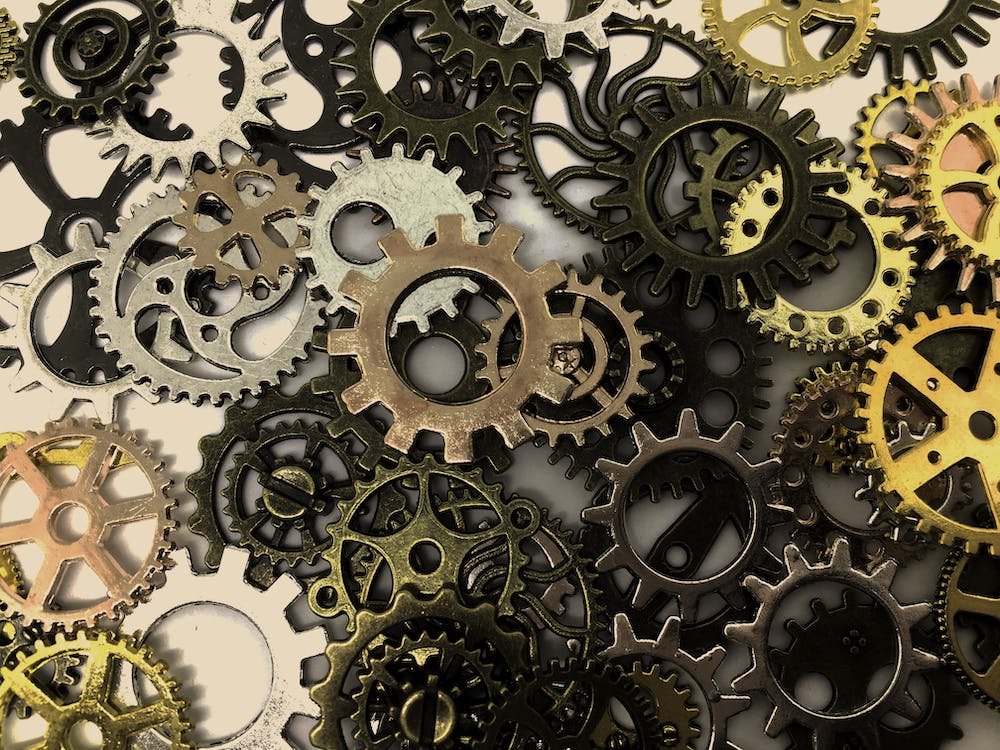
FAQ About Industrial Design

What are some ethical considerations in industrial design?
- Sustainability: Designers have a responsibility to prioritize sustainable practices and minimize the environmental impact of their designs. This includes considerations such as selecting eco-friendly materials, reducing energy consumption, designing for recyclability, and promoting a circular economy. By embracing sustainable design principles, industrial designers contribute to the long-term well-being of the planet.
- Social Responsibility: Industrial designers should consider the social impact of their designs. This involves addressing social needs, promoting inclusivity, and ensuring that products are accessible to individuals of diverse backgrounds and abilities. Designers should also be mindful of the cultural sensitivities and local contexts in which their products will be used.
- User Safety and Well-being: Designers have an ethical obligation to prioritize user safety and well-being. They should anticipate and mitigate potential risks associated with product use, such as sharp edges, unstable structures, or potential hazards. This includes adhering to safety standards and regulations, conducting risk assessments, and designing intuitive interfaces that minimize the potential for user error.
- Privacy and Data Security: With the increasing integration of technology in products, industrial designers must address privacy and data security concerns. Designers should consider the collection, storage, and use of user data, ensuring transparency and giving users control over their personal information. By incorporating privacy-enhancing features and following best practices, designers can help protect user privacy.
- Ethical Supply Chain: Designers should be aware of the social and ethical implications of the entire supply chain involved in their products. This includes considering the labor conditions, fair trade practices, and ethical sourcing of materials. Designers can strive to work with suppliers and manufacturers who uphold ethical standards and ensure responsible production practices.
- Intellectual Property: Industrial designers should respect and protect intellectual property rights. They should not plagiarize or infringe on the designs, patents, or trademarks of others. Designers should also take steps to protect their own original work through appropriate intellectual property registration and legal processes.
- Longevity and Planned Obsolescence: Designers should consider the lifespan of their products and avoid contributing to planned obsolescence. By creating durable, repairable, and upgradable products, designers can promote sustainability and reduce waste. Encouraging a shift from a disposable mentality to a focus on longevity and product lifespan can have positive ethical implications.
- Informed Design Choices: Designers should make informed design choices based on evidence, research, and consideration of potential impacts. They should avoid promoting harmful behaviors or creating designs that may have negative consequences for users or society. Ethical designers critically evaluate the consequences of their designs and make decisions that align with ethical principles.
- Transparency and Honest Communication: Industrial designers should strive for transparency and honest communication with users, clients, and stakeholders. This involves providing clear and accurate information about the product's features, functionality, limitations, and potential risks. Ethical designers ensure that users are well-informed and can make educated decisions about product use.
